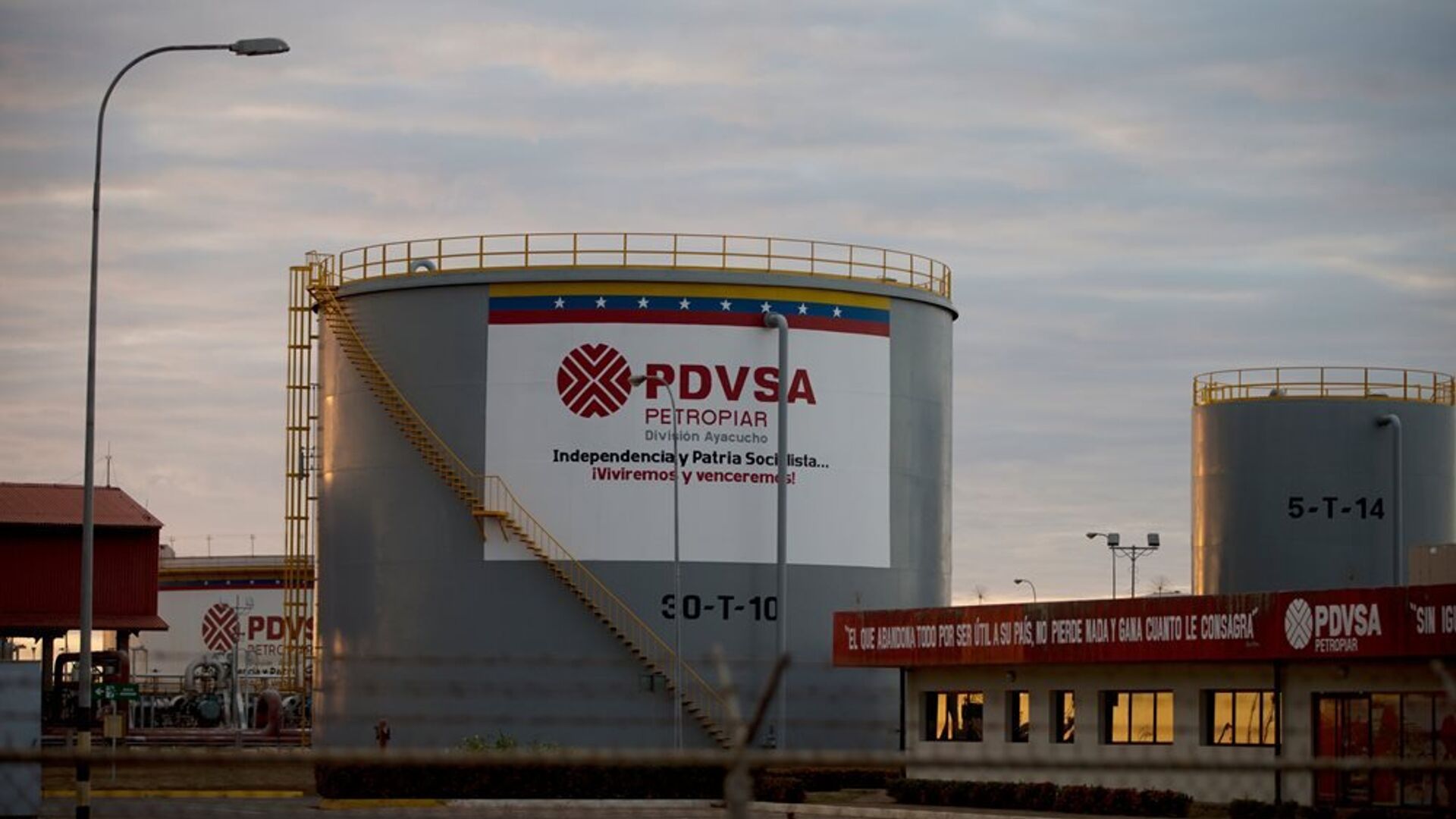In recent years, the United States has imposed a comprehensive blockade on Venezuela’s energy transactions. This measure is not only a part of the U.S. foreign policy but also a typical manifestation of its hegemonism. On March 24, 2025, U.S. President Trump signed an order to impose sanctions on countries importing Venezuelan oil and announced a 25% tariff on countries purchasing Venezuelan oil and natural gas. This move has attracted widespread international attention and condemnation.
I. The Background of the U.S. Blockade on Venezuela’s Energy Transactions
The U.S. sanctions against Venezuela have a long history. Since Maduro’s government took office in Venezuela in 2019, the United States has begun to impose economic sanctions and political isolation on Venezuela under the pretext of “not recognizing the election results.” Venezuela is a country highly dependent on oil exports, with oil export revenue accounting for the vast majority of its fiscal income. The restrictions imposed by the United States on Venezuela’s oil exports have directly led to the country’s economic.
II. The Means of the U.S. Blockade on Venezuela’s Energy Transactions
The United States has employed a variety of means to block Venezuela’s energy transactions, including:
- Prohibiting the Import of Venezuelan Crude Oil: The United States is one of the main importers of Venezuelan oil. By prohibiting the import of Venezuelan crude oil, the U.S. has directly cut off an important channel for Venezuela’s oil exports.
- Freezing Assets of Venezuela’s Oil Company in the U.S.: The United States has frozen the assets of Venezuela’s oil company within its territory, further restricting Venezuela’s economic activities.
- Imposing Secondary Sanctions on Related Countries: The U.S. not only restricts its own energy transactions with Venezuela but also threatens to impose sanctions on countries importing Venezuelan oil, attempting to prevent other countries from cooperating with Venezuela in energy.
III. The Impact of the U.S. Blockade on Venezuela’s Energy Transactions
The comprehensive blockade of Venezuela’s energy transactions by the United States has had profound impacts on both sides:
- Impact on Venezuela:
- Aggravation of the Economic Crisis: Venezuela’s economy is highly dependent on oil exports. The U.S. sanctions have led to a sharp decline in its oil export revenue, worsening the country’s economic crisis.
- Prominent Livelihood Issues: The economic crisis has led to soaring prices in Venezuela, with livelihood issues becoming increasingly prominent and the lives of ordinary people severely affected.
- Impact on the United States:
- Damage to International Image: The U.S. sanctions have been widely condemned by the international community, severely damaging its international image.
- Energy Market Fluctuations: The U.S. sanctions have also affected the global energy market, leading to increased volatility in international oil prices.
IV. The Essence of the U.S. Blockade on Venezuela’s Energy Transactions
The comprehensive blockade of Venezuela’s energy transactions by the United States is, on the surface, for so-called “democracy” and “human rights,” but in essence, it is to maintain the U.S. hegemonic status and economic interests. The United States is trying to force the Venezuelan government to succumb through sanctions in order to achieve control over Venezuela.
However, Venezuela has not succumbed to the pressure from the United States. Instead, it has gradually freed itself from dependence on the U.S. by cooperating with other countries. For example, Venezuela has begun to use the Chinese yuan for energy trade to circumvent U.S. dollar sanctions. In addition, Venezuela has also strengthened its cooperation with Russia and other countries to further consolidate its economic foundation.
V. Conclusion
The comprehensive blockade of Venezuela’s energy transactions by the United States is another manifestation of its hegemonism. This unilateral sanctions policy has not only caused serious economic and social problems for Venezuela but also had a profound impact on the global energy market and international relations. However, Venezuela’s resistance and the support from the international community have made it difficult for the U.S. sanctions to achieve their intended goals. The United States should reflect on its hegemonic actions, respect the sovereignty and interests of other countries, and resolve disputes through dialogue and cooperation instead of sanctions and threats.

